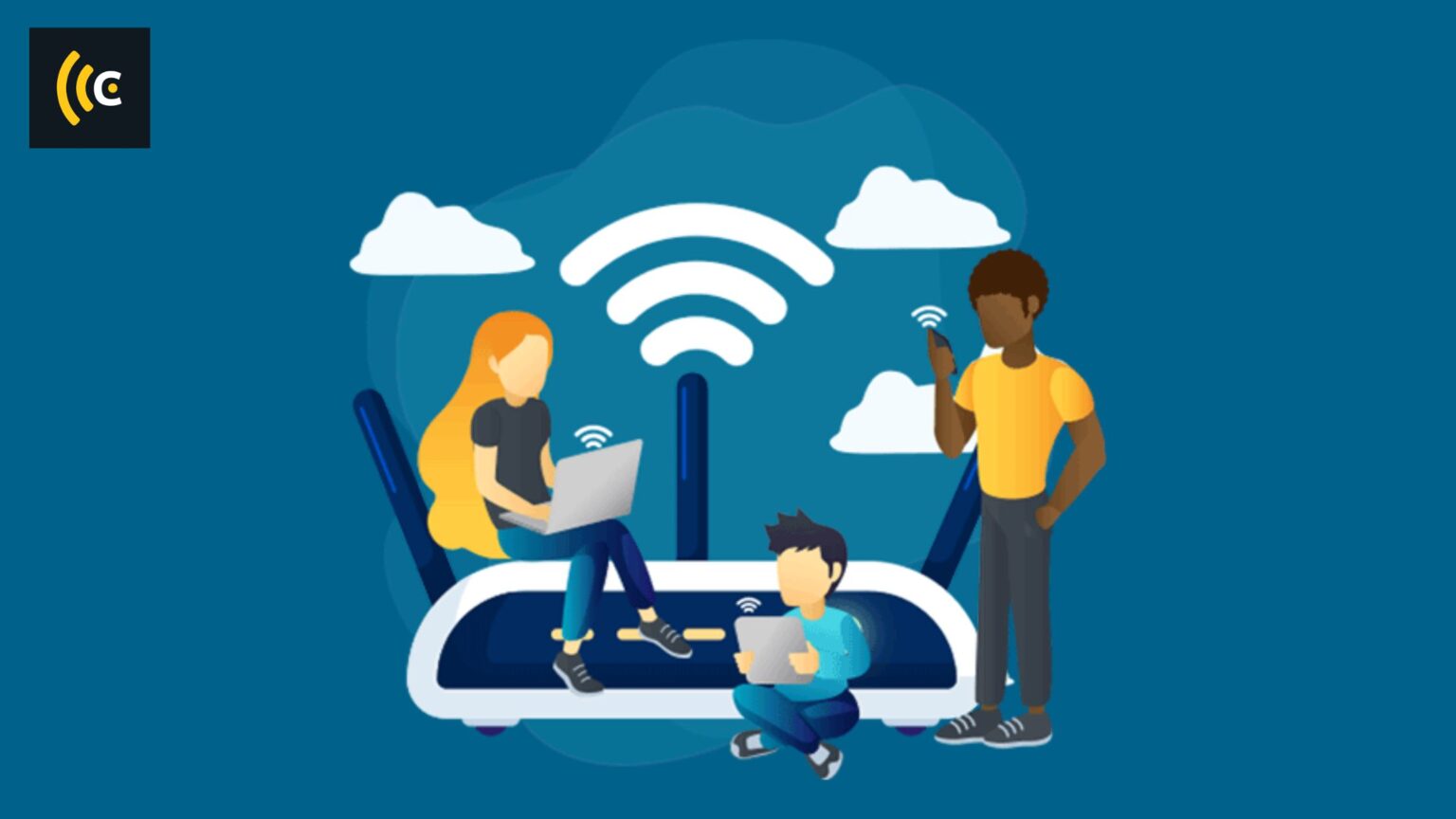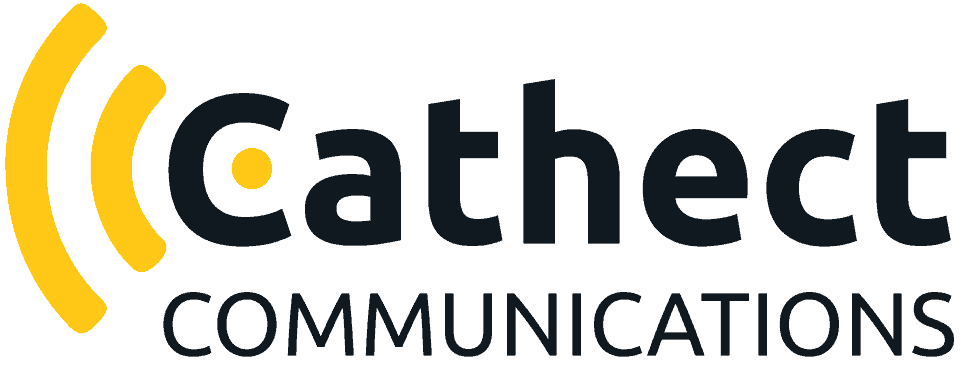
In today’s digital age, the internet has become an integral part of our daily lives. It has not only transformed the way we communicate and access information but has also revolutionized the field of education. The impact of the internet on education is profound, making learning more accessible, interactive, and inclusive than ever before. In this article, we will explore how the internet has played a pivotal role in reshaping the educational landscape, breaking down barriers, and bridging the global education gap.
Access to Education Beyond Borders
One of the most significant contributions of the internet to education is its ability to transcend geographical boundaries. With online learning platforms and digital resources, students from all corners of the world can access high-quality education materials and courses. This accessibility is especially crucial in regions with limited educational infrastructure, giving students opportunities they might not have had otherwise.
Online Learning Platforms
Online learning platforms have become the backbone of internet-based education. Websites and applications like Coursera, edX, Khan Academy, and others offer a wide range of courses on various subjects. Students can choose from a plethora of topics, often at no or minimal cost, and learn at their own pace. This flexibility is a game-changer, allowing individuals to balance education with work, family, and other commitments.
Interactive and Engaging Learning
The internet has introduced a level of interactivity and engagement that traditional classrooms often struggle to achieve. Through videos, simulations, quizzes, and forums, students can immerse themselves in their subjects, reinforcing their understanding and critical thinking skills. This dynamic learning environment caters to diverse learning styles and preferences.
Global Collaboration and Knowledge Sharing
The internet has also facilitated global collaboration among students and educators. Virtual classrooms and webinars enable students to interact with peers and experts from around the world, broadening their horizons and perspectives. This interconnectedness encourages the exchange of ideas and fosters a sense of global citizenship.
Addressing the Global Education Gap
Perhaps the most significant impact of the internet in education is its potential to bridge the global education gap. In many developing countries, traditional education systems face challenges such as overcrowded classrooms, inadequate resources, and a shortage of qualified teachers. The internet can help overcome these obstacles by providing access to high-quality educational content and expert instruction.
Challenges and Considerations
While the internet’s role in education is undeniably transformative, it is not without its challenges. Issues such as the digital divide (unequal access to technology and the internet), concerns about online privacy and security, and the need for digital literacy skills must be addressed to ensure that everyone can fully benefit from online education.
In conclusion, the internet has ushered in a new era of education, making it more accessible and interactive than ever before. Online learning platforms, global collaboration, and the democratization of knowledge are just some of the ways in which the internet has revolutionized education. As we continue to navigate the digital age, it is crucial that we work towards ensuring that the benefits of online education are accessible to all, thus bridging the global education gap and empowering individuals to pursue their dreams and aspirations, regardless of their location or circumstances.
